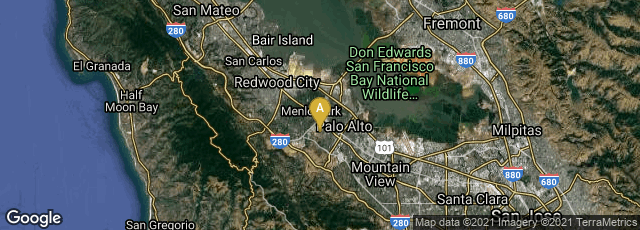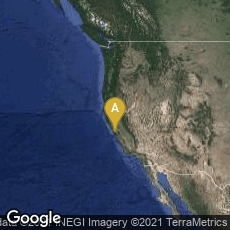

A: Stanford, California, United States
In June 1995 University Librarian and Director of Information Resources Michael A. Keller and Stanford University Libraries founded HighWire Press. Its initial publication was the online production of the weekly Journal of Biological Chemistry (JBC), "the most highly cited (and second largest) peer-reviewed journal."
A portion of its mission statement (June 1995) included the following:
"Network-Based Scholarly Publishing:
A Prospectus
The Problems:
The problems of scholarly publishing - particularly for science, technology and medical information (STM) - are well documented:
It takes too long for authors to get work into the literature because of the author, reviewer, publisher, library, reader handoffs.
It is difficult and time consuming for readers to sort through all that is published.
It is increasingly expensive for libraries to acquire STM materials, which are advancing in price to research libraries at four to six times the c.p.i.
It is becoming impractical for publishers to deliver a timely and complete product that meets the needs of research scientists. As single events, these problems are each frustrating to scholars and those who serve them. In combination, these impediments are a significant barrier, and challenge the productivity and quality of science.
The Projects:
The Network Publishing project, dubbed "The HighWire Press," provides models of solutions for these problems by taking advantage of the special circumstances of scholarly communication - as distinct from entertainment or trade publishing - in the context of a University community: the writers and readers of scholarly materials are in the same profession, writing for each other, they are located in similar environments; and they do not seek profit from their publishing activities, which are a means to an end for them. Because of network-based communication technologies, the apparatus of a large publishing operation is becoming unnecessary for communication of scholarly results; this is true for the same reason that desktop publishing technologies a decade ago allowed a shift from large design and composition shops to desktop authorship backed up by small, responsive print shops. Essentially, our projects attempt to "re-engineer" traditional scholarly publishing to focus on formal, structured communication among the community of scholars."